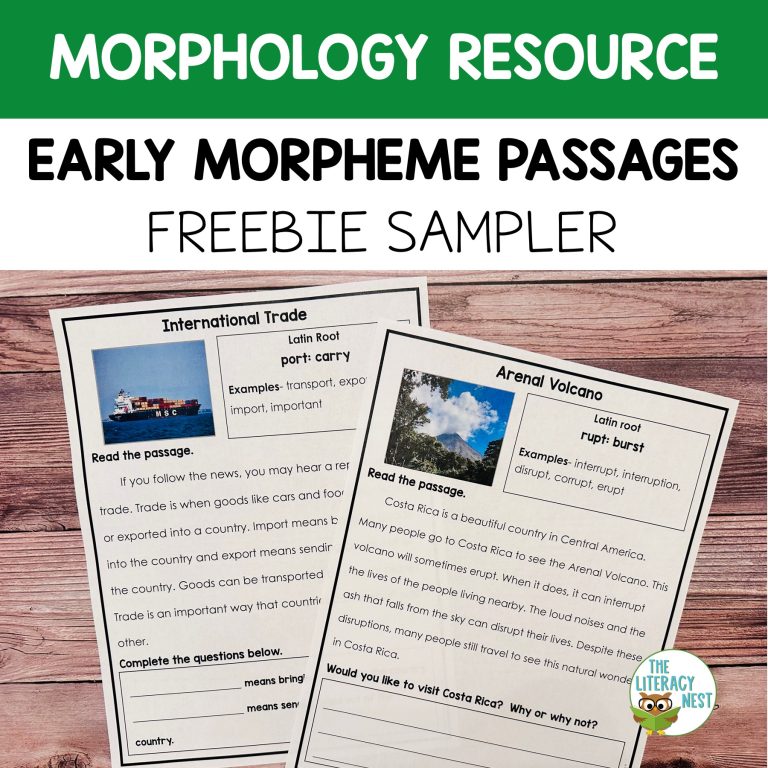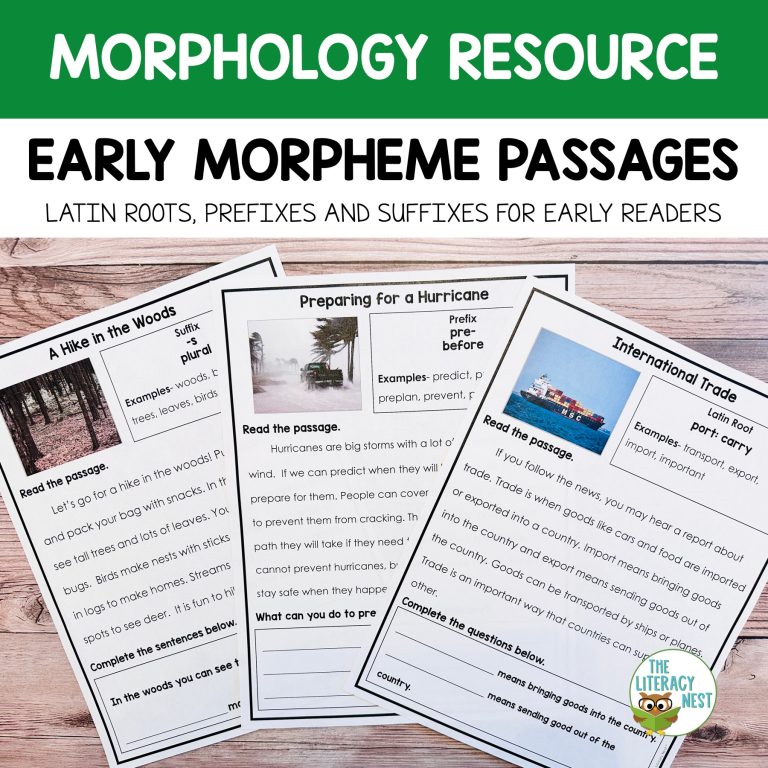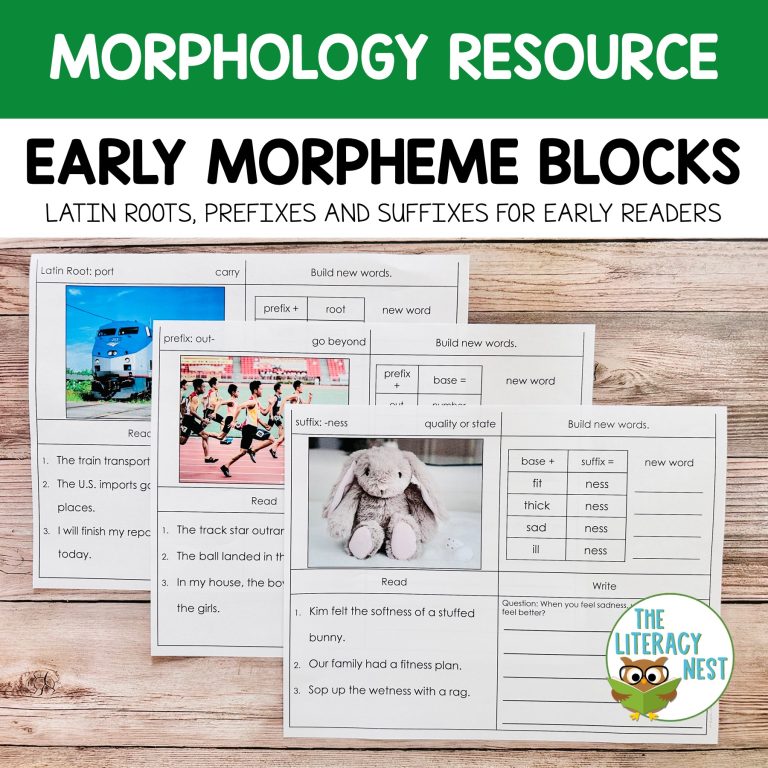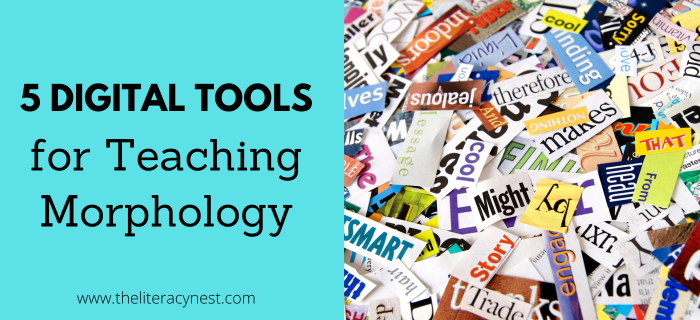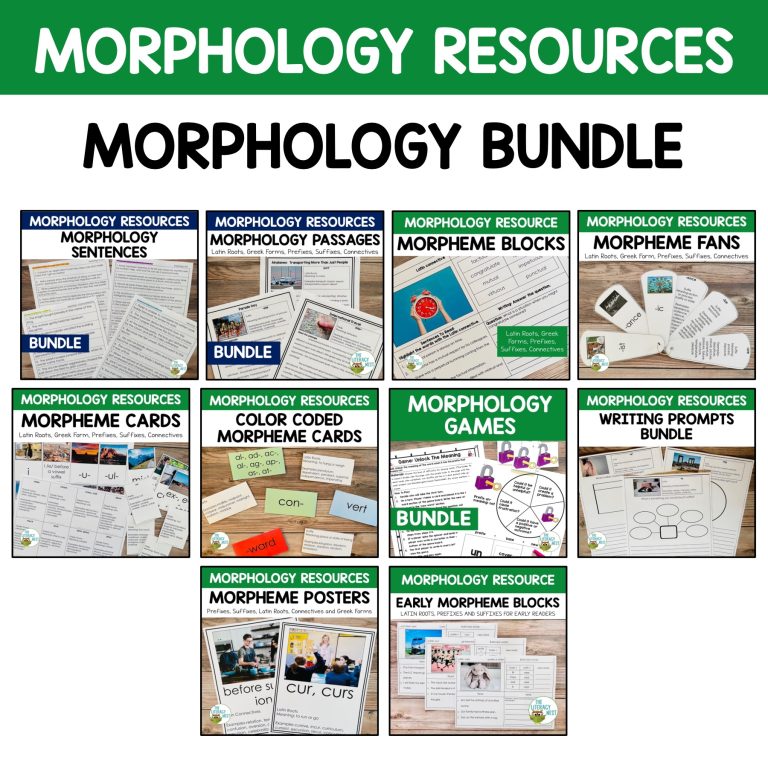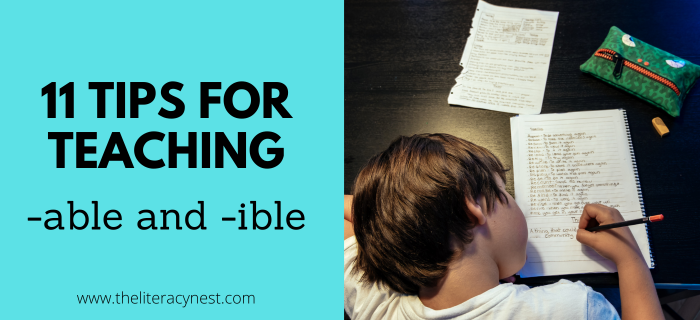Morphology Reading Passages for Early Readers FREE
Are you seeking morphology activities to help you introduce prefixes, suffixes, and Latin roots in an easy, no-prep way? This FREEBIE SAMPLER of Morphology Reading Passages for early readers were designed to do just that. They’re a must have for your collection of morphology activities. This resource will weave seamlessly into any morphology scope and sequence for Orton-Gillingham.

